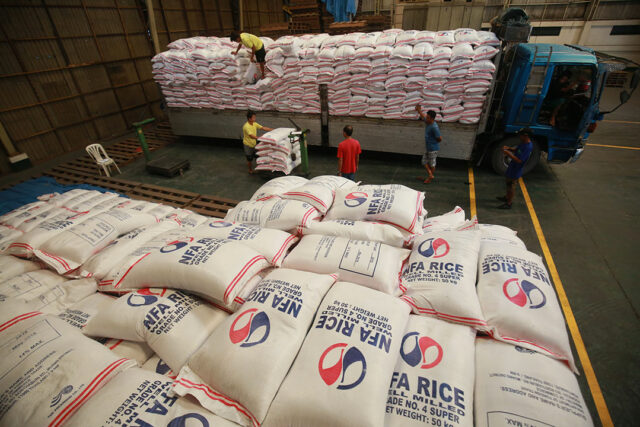Phase 2 of SkillsUpNet launched

THE Asian Development Bank (ADB) and the Philippine government have launched the second phase of SkillsUpNet Philippines, which offers grants to employers to train their workers.
The ADB, Department of Trade and Industry and Technical Education and Skills Development Authority on Tuesday signed a memorandum of agreement (MoA) for the second phase of SkillsUpNet Philippines.
The project will be allocated $1 million, the ADB said.
SkillsUpNet is an “employer-led skills development funding scheme that offers competitive grants to networks of employers for skills training of workers.”
“This MoA strengthens the partnership between the government and ADB, and it will drive meaningful reforms and help ensure that the Philippines remains competitive in what we know to be an increasingly skills-driven global economy,” ADB Director of the Human and Social Development Sector Office Karin Schelzig said.
The project seeks to address skills mismatch through short-term training, improve skills competencies of employees, raise performance and productivity and broaden income opportunities.
“We want to further evaluate the training impact on workers and enterprises for a potential national rollout later, and we’re looking to promote inclusive skills development for women, youth, and informal workers,” Ms. Schelzig said.
“By aligning training investments with industry needs, we enhance employability, we support business growth, we boost productivity and ultimately drive national economic resilience.”
The second phase will take place from February this year to November 2026. The first phase of the project was from January 2022 to December 2023.
Under the first phase, sectors covered include IT animation, tourism, construction, agribusiness and women-led enterprises.
It also disbursed $310,000 in grants and was able to train a total of 671 workers.
The second phase plans to extend the regions covered and as well as sectors, now including renewable energy and logistics and supply chains.










